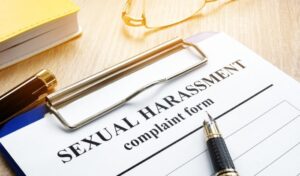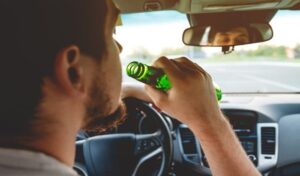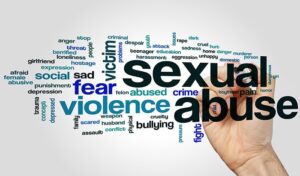
My Loved One Doesn’t Want to Report Sexual Abuse: What Should I Do?
If someone you love has been victimized but does not want to report sexual abuse, it can be difficult knowing how to help them. Once they have entrusted you with

If someone you love has been victimized but does not want to report sexual abuse, it can be difficult knowing how to help them. Once they have entrusted you with

Almost 30 people die every day due to drunk driving accidents. That equates to one person every 50 minutes, and over 10,000 people each year. Even though drunk driving numbers

Pedestrian accidents can occur anywhere, but there are a few select states that have suffered the most pedestrian deaths. Today, we are exploring which states are among the top five for pedestrian casualties in America.

Dram shop laws were created to hold businesses accountable for selling alcohol to minors and intoxicated patrons. Bars, restaurants, clubs, liquor stores, and other establishments that sell alcohol can be

We have all suffered from unintentional injuries in our lives. No matter how careful you are, back luck can strike at any moment. Unfortunately, these accidents can sometimes result in

Nursing home neglect is when patients do not receive adequate mental and physical care. Even though it may not be intentional, it is still dangerous. The health risks can be

Sexual abuse is horrific and, unfortunately, all too common in our country. No one deserves this type of abuse. According to RAINN (Rape, Abuse & Incest National Network), an American

The seat belt defense is used by a driver who causes an accident and wants to reduce their responsibility of covering the medical costs of the victim. If the injured
UTAH INJURY LAWYERS
Flickinger • Boulton
• Robson • Weeks
PROVO OFFICE
3000 N University Ave
Suite 300
Provo, UT 84604
SOUTH JORDAN OFFICE
10393 S. Temple Dr.
Suite 103
South Jordan, Utah 84095
OFFICE HOURS
Monday- Friday: 8AM-5PM
Saturday-Sunday: Closed
*Disclaimer: the information provided by this website is for informational purposes only and should not be considered legal advice or a substitute for competent legal counsel.
**SMS consent and contact phone numbers will not be shared or sold to third parties or their affiliates for any purpose.
© 2025 All Rights Reserved.